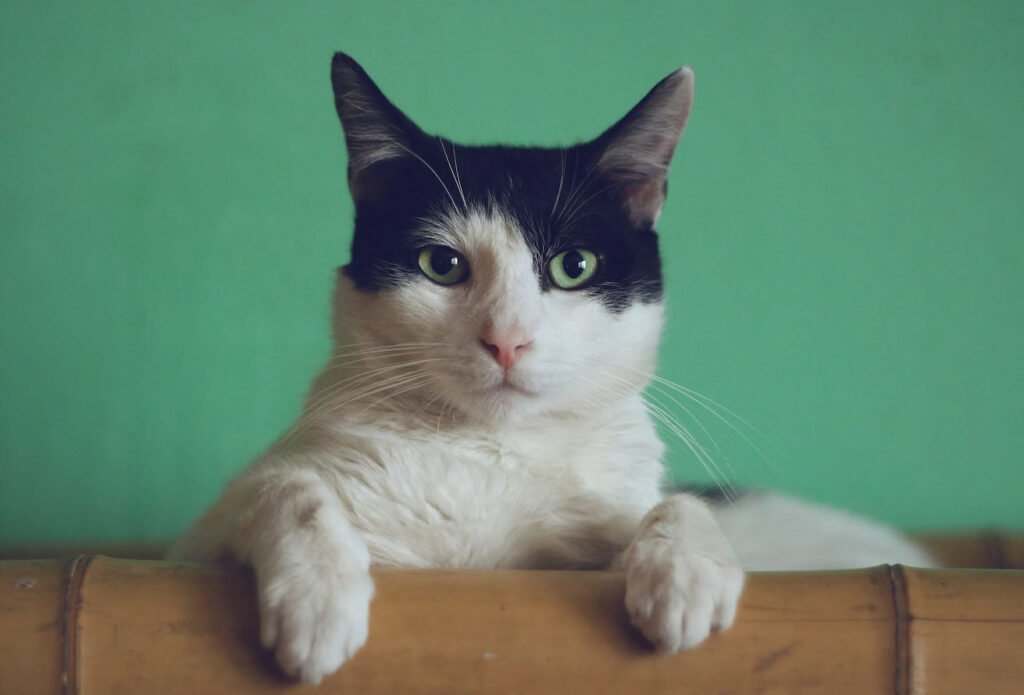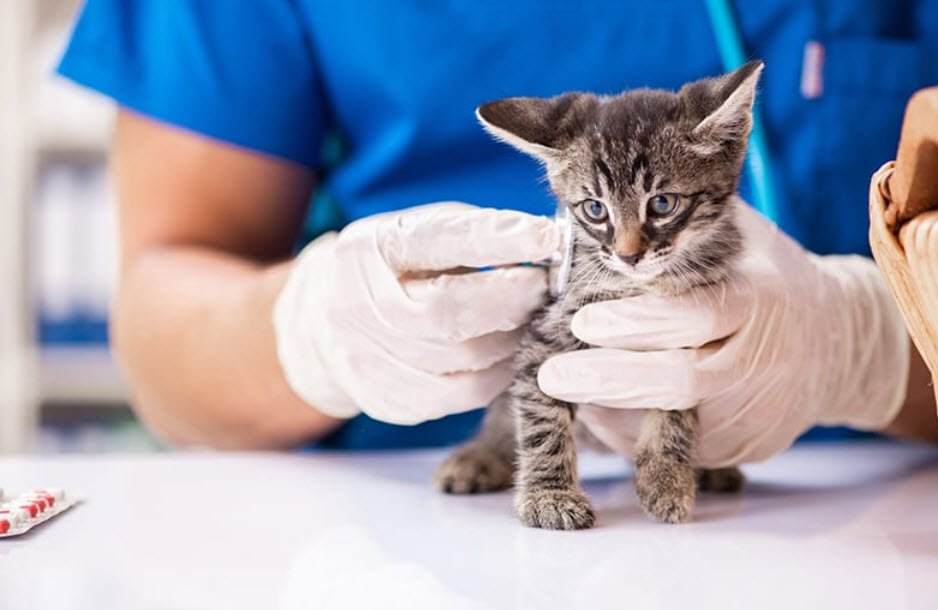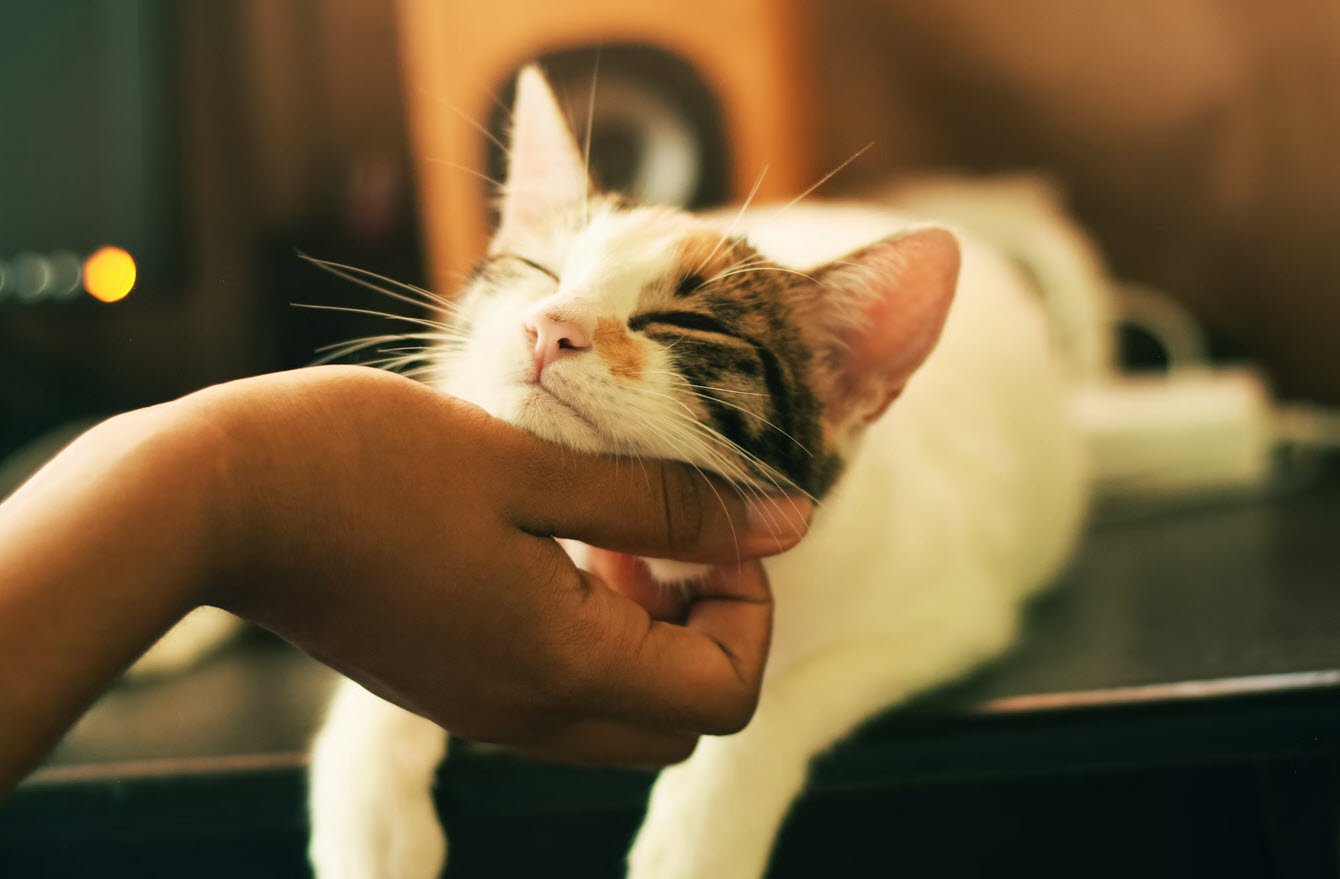
Welcoming a kitten into your home is a joyous occasion, but ensuring their health is crucial for a long and happy companionship. Vaccinations play a vital role in safeguarding your cat from common feline diseases.
In this article, we will explore the importance of vaccinations at different stages of your cat’s life, potential risks, and the overall benefits of maintaining a vaccination schedule.
Weaning and the First Veterinary Visit
At 6 to 8 weeks of age, when your kitten is weaned from its mother, vaccinations become essential. Before this period, the mother’s antibodies offer protection. The initial veterinary visit includes a complete physical examination and a fecal exam to check for worms.
Blood tests are conducted to ensure the absence of Feline Leukemia and Feline Infectious Peritonitis. If all is well, your kitten will receive its first Feline Leukemia and FIP vaccines, as well as the FVRCPC vaccine, offering protection against rhinotracheitis, calicivirus, panleukopenia, and chlamydia.
Follow-Up Vaccines and Worming
A second veterinary visit at 8 to 12 weeks involves another round of FVRCPC, Feline Leukemia, and FIP vaccines. If your kitten was wormed during the first visit, it will receive a second worming. Kittens over 12 weeks old that spend time outdoors should also get their first Rabies vaccine.
The third visit, occurring at 10 to 16 weeks, focuses on the third FVRCPC vaccine and, if not given earlier, the Rabies vaccine.

The First Birthday Visit
After completing the third set of FVRCPC vaccines, your cat requires boosters at 1 year old for Rabies and FVRCPC. Rabies boosters given within 1 year of the initial vaccine are valid for 3 years. Annual visits continue for the FVRCPC vaccine.
Cats that received FIP and Feline Leukemia vaccines as kittens will also get boosters at this stage.
Rare Side Effects
While vaccines are generally safe, occasional side effects can occur. Feline Leukemia vaccines may, in rare cases, lead to cancer at the injection site. For this reason, veterinarians may advise against it for low-risk cats. Tumors can also develop at the injection site of other vaccines, but early detection allows for successful removal.
If you notice any lumps, contact your veterinarian promptly.
Conclusion
The benefits of vaccinations far outweigh the risks, as they protect your cat from potentially life-threatening diseases. Regular veterinary check-ups, vaccinations, and preventive care contribute to your cat’s overall well-being.
Embracing vaccinations as a necessary part of your cat’s health care routine ensures a healthier and happier life for your feline friend.
You may also like:- Top 10 Wild Cats of Africa
- 10 Reasons Why Your Cat Loves You
- Understanding and Caring for Cats with Diabetes
- Top 9 Human Foods That Are Toxic to Cats
- A to Z Famous Cat Names
- 8 Cat Breeds Known For Their Minimal Shedding
- How Much You Know About Cat’s Body Language?
- 8 Good Reasons to Choose a Cat as Your Furry Companion
- Top Symptoms of Kidney Diseases in Cats
- 7 Fantastic Plants To Consider Growing For Your Cats









This Post Has One Comment